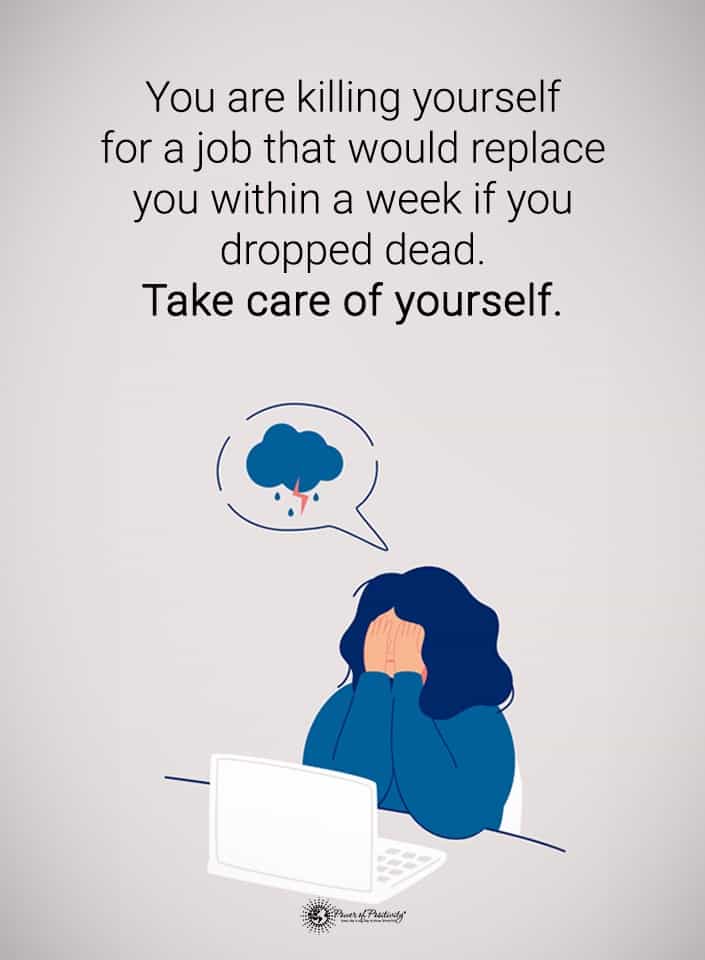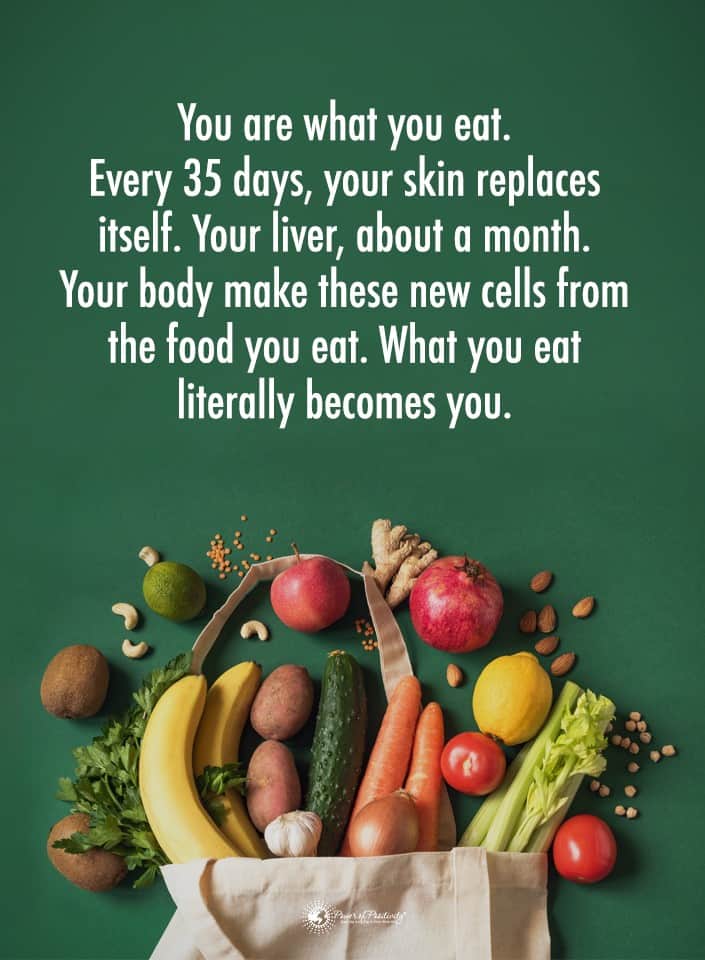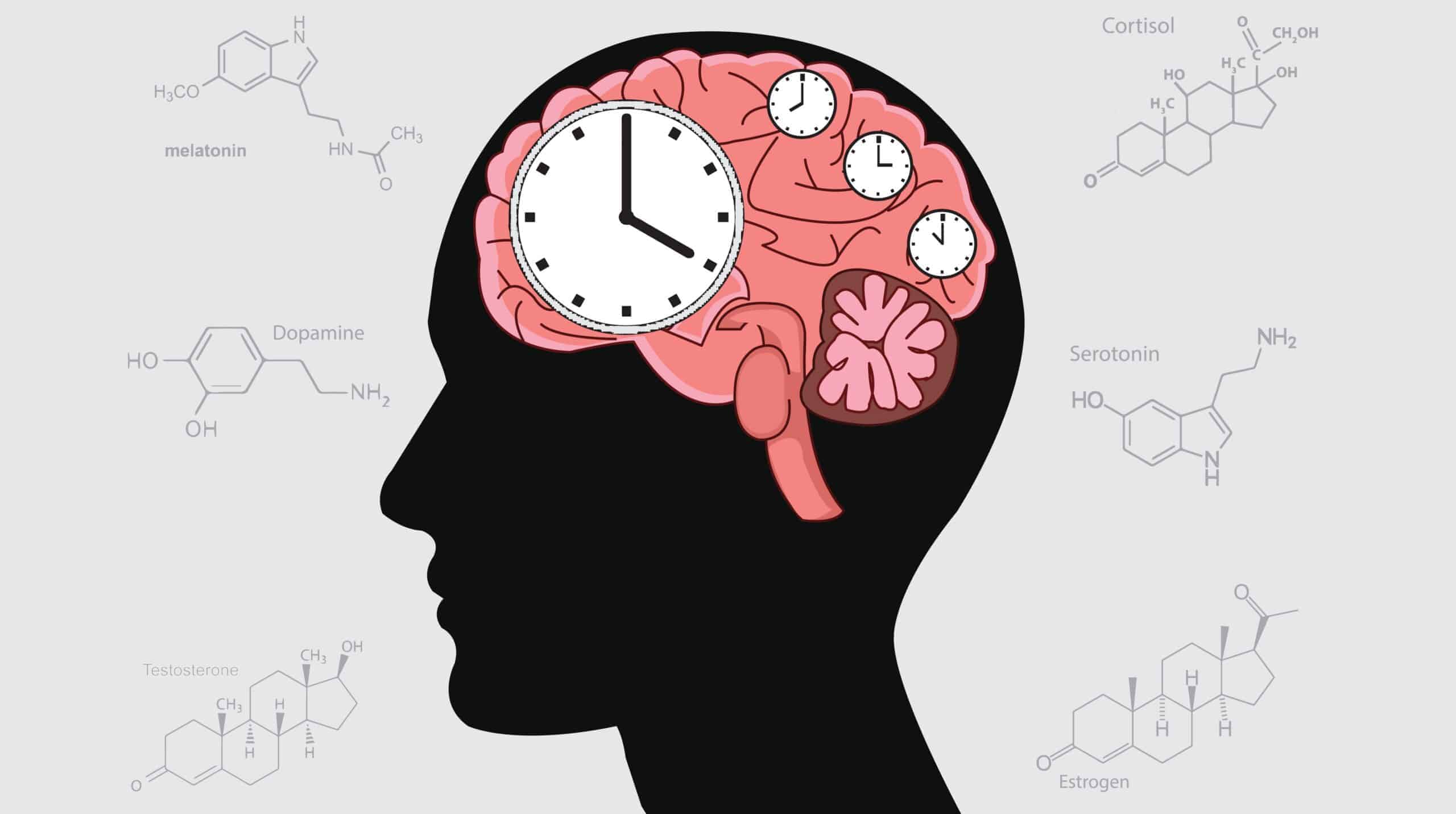Is circadian rhythm fasting the new way to help you lose weight and feel great? To be healthy and keep your body in top shape, you need to make smart choices when it comes to food. You can’t live a sedentary lifestyle, eating chips on the sofa while binge-watching television to get in shape.
Many people become confused at all the choices there are when it comes to dieting. You can choose between low-carb, low-fat, or calorie counting schemes. Some say to drink shakes instead of eating meals, while others say that you need to eat at least six small meals a day.
All these tips and tricks can become overwhelming when you want to find what works best for you. Yet another bit of research has come to the forefront that shows that the time you eat may be just as important as when you eat your meals. You’ve heard that you need to speed up a sluggish metabolism to lose weight effortlessly.
However, have you heard that your metabolism and your circadian rhythm are closely related? Many people believe that their metabolism goes one speed all day long. Nothing could be further from the truth. Your metabolism is continually changing, and the circadian rhythm is what’s causing these changes.
Your body’s natural clock is responsible for how much fat you burn. When the sun rises and brings about daylight, your insulin increases to meet your food demands. Additionally, the melatonin in your body decreases so that you can stay awake for the day.
As the sun sets, the melatonin levels increase to prepare you for sleep, and your insulin resistance drops because you won’t be eating. The body clock gets you ready so that you will engage in cell repair while you’re resting. Now, a controversial study shows that circadian rhythm fasting has helped people to maximize their weight loss.
The researchers also note that there is a reduced risk of lower blood pressure, type 2 diabetes, and an improved endurance level. Managing your body fat and the number on the scale directly impact these diseases.
Understanding Your Circadian Rhythm
Think of the circadian rhythm as a clock that is inside your body that controls everything. It operates 24 hours a day and seven days a week. It helps your brain to stay on track and keeps you in the sleep/wake cycle.
When you rest, it affects two essential hormones in your body, which are also known to regulate your hunger. These hormones are ghrelin and leptin. The stimulation of your appetite is done by ghrelin, while lapin keeps hunger at bay.
Now, just like any clock in your home, your internal clock can get off balance. For instance, shift workers and those who don’t sleep when it’s dark outside will have a hard time sleeping during the day. Why do you think so many people invest in darkening curtains and blinds? They are trying to trick the body into thinking its night.
Did you know that people can get sick when they start working the night shift as their body’s clock gets all out of whack?
Control Hunger Pangs with Circadian Rhythm Fasting
 Sleep deprivation throws off your circadian rhythm, but it’s not the only thing it affects. When you don’t have a night of adequate sleep, you can have intense hunger issues and crave junk foods because your leptin and ghrelin levels are off kilter.
Sleep deprivation throws off your circadian rhythm, but it’s not the only thing it affects. When you don’t have a night of adequate sleep, you can have intense hunger issues and crave junk foods because your leptin and ghrelin levels are off kilter.
Sleep deprivation isn’t the only thing that will mess with your internal clock; other things can mess with your circadian rhythm too. If you take a long trip on a plane, jet lag can be problematic to your body’s clock and take certain medications.
What’s interesting is what is going on inside when this rhythm is out of whack. The body starts producing more insulin, which is the hormone that helps your body metabolize your nutrients it receives from food. If the insulin level stays too high, it can result in type 2 diabetes and an increased chance of cardiovascular disease. Are you starting to see how circadian rhythm fasting can significantly impact your weight and health?
Circadian Rhythm Diet 101
You’ve learned that your body’s natural clock is harmonized by the external environment. Things like light and darkness, as well as when you eat your meals, are essential. Some experts call the circadian rhythm diet the body clock diet because it’s a time-restricted eating plan that you synchronize with your body’s internal clock.
Essentially, you eat when it’s daylight outside, which is around 12 hours. When it’s dark out, you don’t eat. So, the last 12 hours of the day will be fasting. Also, going along with the internal clock, your largest meals of the day should be at the beginning of the day.
So, your breakfast and lunch should be larger than your dinner portions. This is where much of the theory of no eating after 6 pm came into play. The study further showed that anyone would benefit from using this intermittent fasting variety. However, they especially noted that it did wonderful things for the people who have type 2 diabetes and other metabolic diseases.
If you have a problem with late-night snacking, it will take you some time to develop new, better habits. This new diet will be a significant change, mostly since you can’t eat for up to 12 hours. While it may be okay during the summer months, think about time changes and when it gets dark by 6 pm?
Doing the Circadian Rhythm Diet Correctly
 To start this diet, you may want to speak with your health care provider if you are on medications or have a medical condition that might be dangerous for long periods without food. However, to start this diet right, you want to divide your day into three meals and two snacks.
To start this diet, you may want to speak with your health care provider if you are on medications or have a medical condition that might be dangerous for long periods without food. However, to start this diet right, you want to divide your day into three meals and two snacks.
It would help if you built each meal using the four pillars, which include the following:
- Protein like Fish and Dairy Products
- Vegetables
- Fiber
- Healthy Fats
Another consideration of your diet plan is fermented foods or beverages like kombucha. To get enough dairy into your day, make sure to use things like cheese and yogurt, packed with protein and full of healthy things your body needs.
• Breakfast
When engaging in circadian rhythm fasting, you need to eat your breakfast within two hours of waking up. Make sure your meal consists of the four building blocks listed above to get the nutrients your body needs. One thing that many people enjoy as a quick on the go morning meal is a smoothie.
You can hide a lot of nutrients into that mix, and you won’t even know you’re eating them. Find a recipe that uses berries, greens, avocados, and why protein in the mixture.
• Lunch
You can have a nice tuna fish sandwich, an apple, or some other fruit during lunch. You can allow about 600 calories for this meal, so you can get your belly full. Just make sure you don’t go overboard and indulge on unhealthy things.
• Dinner
When evening comes, your night meal should be something light and filling. Soup is an excellent option, specifically bean soup, because it’s loaded with fiber and keeps you fuller longer. Also, soup usually is low in calories and won’t take you over your daily allowance.
If you don’t want soup, then you can try something like salmon and a salad. Just be careful not to go crazy on the dressing.
• Late Night Snack
Lastly, before you go to bed at night, try drinking a big glass of warm milk. You’ve probably heard that warm milk helps you sleep, but the tryptophan in this dairy product does have a calming effect on your body and mind.
When you go to sleep, as soon as your head hits the pillow, then you will find you have less time to ruminate about all the foods you’re craving. Remember, it will take some time to get your cravings under control with circadian rhythm fasting just as with any other diet plan.
 Final Thoughts to Consider With Circadian Rhythm Fasting
Final Thoughts to Consider With Circadian Rhythm Fasting
Here is one final problem that many people have when starting this diet. Some might feel that they feel that since they are using circadian rhythm fasting, there’s no need to watch what they eat. You still shouldn’t eat more than 2,000 to 2,500 calories each day, or 1500 calories or under if you are trying to lose weight.
You still need to consume nutrient-dense foods, monitor your calories, and use portion control. Another important thing is that you need to get at least seven hours of rest each night. Don’t try to cram caffeine to stay awake during the day, or it’s going to mess you up when you’re trying to sleep.
One way to help you get to sleep faster is to shut down all electronic activity 30 minutes before bedtime. An overstimulated brain takes longer to wind down, and you don’t want to mess with your body’s internal clock. If you have a hard time falling asleep, turn on a fan or a noise machine for white noise to drown out any noises or disturbances that keep you from rest.
The most important thing when you started the circadian rhythm fasting is that you are consistent. When you have good sleeping habits, then the body clock diet will work better for you.



















